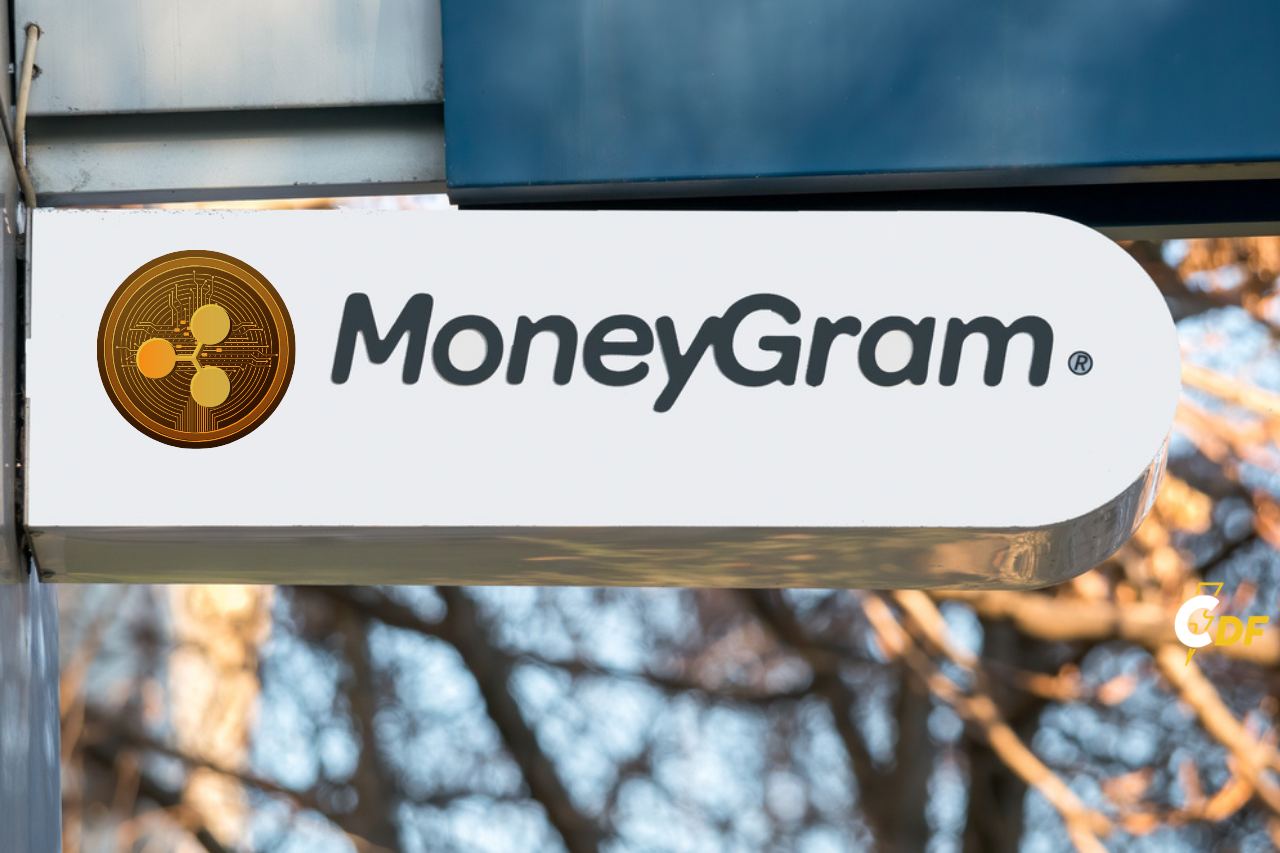Ripple Labs Inc. has been beset by legal difficulties resulting from its sale of XRP tokens for the past month. In December 2020, the Securities and Exchange Commission filed an enforcement action to indicate that XRP is a security. Ripple and its principals had sold nearly $1.4 billion worth of XRP in unregistered securities sales since 2013. Obviously, it has its consequences.
Meanwhile, many cryptocurrency exchanges have stopped trading of XRP, and class actions against Ripple and those exchanges have been filed in California and Florida. Though still in their infancy, these cases illustrate the challenges facing blockchain companies that sell digital tokens.
The SEC’s allegations illustrate the factors likely to render digital token security.
The main argument between the SEC and Ripple is whether the XRP token is a security under the U.S. Supreme Court’s “Howey test,” articulated in 1946 in SEC v. W.J. Howey Co. The SEC outlines in its 71-page complaint against Ripple what it believes rendered XRP security. The main allegations include these main points:
- Ripple understood that the primary reason anybody would buy XRP was to speculate as an investment, what Ripple realized, and was advised by counsel that XRP could be considered as a security.
- Ripple promised and touted its ability to create demand and a public market for XRP and led investors to expect that Ripple’s efforts would drive the success or failure of XRP.
- Because Ripple remained the single largest holder of XRP, investors were forced by “economic realities” to rely on Ripple’s efforts for the success or failure of their investments.
SEC notes that Ripple focused most of its marketing on investors rather than on those with a practical need for cross-border transactions. As a result, the SEC alleges, XRP has no significant non-investment “use” and was not sold for that purpose.
End of partnership
As a result, has the wire transfer service MoneyGram suspended its partnership with Ripple Labs in the wake of the SEC’s lawsuit against the crypto payments firm.
Coinbase and Binance, which belong to the major cryptocurrency exchanges, have delisted XRP, and leading crypto asset manager Grayscale dissolved its XRP-focused trust. XRP was at one point the third-largest cryptocurrency by market capitalization it has dropped in price considerably following the lawsuit.
MoneyGram wrote: “Due to the uncertainty concerning their ongoing litigation with the SEC, the Company has suspended trading on Ripple’s platform,… It is not planning for any benefit from Ripple market development fees in the first quarter,” which means it doesn’t expect any revenue from its Ripple deal this quarter. The representatives were not available for any comments regarding this.
Ripple said it signed a multi-year contract in 2019 with MoneyGram that is “still in place and is not limited to their use of ODL [on-demand liquidity].” The Ripple spokesperson added as well: “Together we are actively leveraging and exploring alternative use cases. We look forward to finding a path forward with MoneyGram and have confidence that there will be more regulatory clarity in the U.S. for the use of digital assets and blockchain technology at the end of this lawsuit.”
MoneyGram had been using Ripple as a means of facilitating international payments. After the SEC announced charges against Ripple, MoneyGram initially said it would take a wait-and-see approach.
MoneyGram’s stock dropped close to 24%. The company reported earnings of $323.3 million in Q1, below the expected $325.7 million.
Source: https://news.bloomberglaw.com/
Disclaimer: This article is provided for informational purposes only. It is not offered or intended to be used as legal, tax, investment, financial, or other advice.





